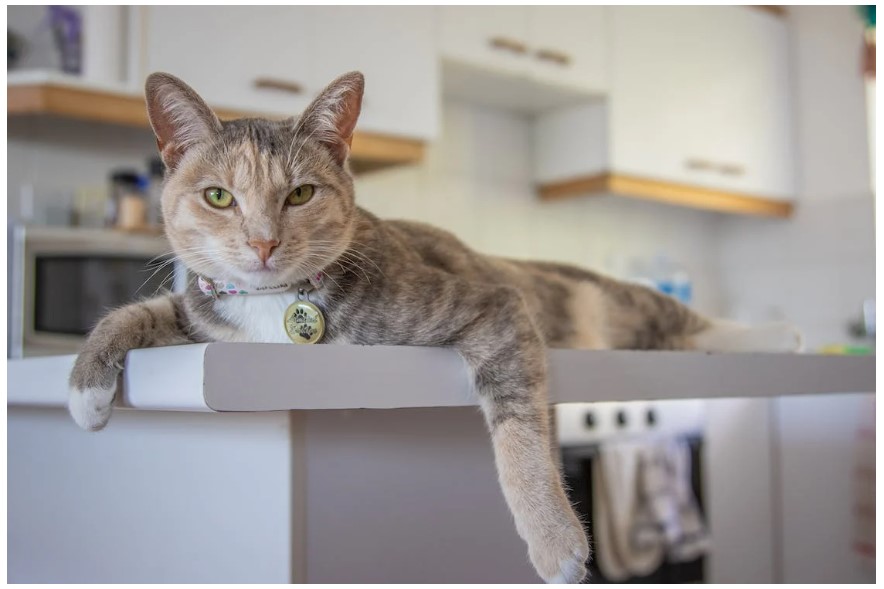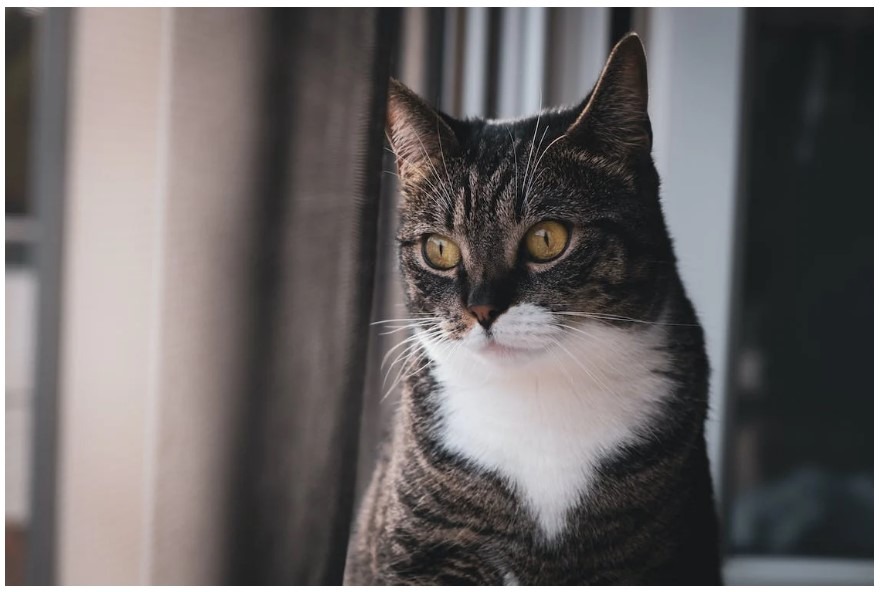If you have pets in the home, you occasionally have to deal with the menace of fur around the house. Cats, dogs, and other furry creatures leave pieces of them in places they visit, on beddings, furniture, rugs, and even on the wall. You should know that shedding of hair is common for animals with a loose to thick coat on their body. So you shouldn’t have to worry if there is too much hair lying around the hair. But you should know that there are conditions that could cause your cat to shed its coat more.
Of course, you wouldn’t have to worry about shedding if you own or intend to adopt a hairless feline breed like the Sphynx or Elf cats. Those with a lot of fur on their coat would surely leave pieces of them behind. But there are a few things you can do to help with your pet’s hair loss.
Cat Hair Loss
It is natural for thick-coated felines to lose hair, but you should keep a close eye on the level of thinning. The occasional strands in their pen or on surfaces around the house shouldn’t be a cause for alarm. But once you notice baldness or thinning at a faster rate, you should get in touch with your vet.
To solve the problem of coat thinning in cats, you want to identify why your pet is losing fur. There are natural factors that could cause your pet to lose some strands, such as brushing up against the wall or furniture, but once they start losing them at the slightest instance, you should get them medical assistance. It’s a good idea to keep your pet insured with Bivvy.
Causes of Cat Hair Loss
There are many reasons why animals shed their skin, and some of the common ones include
Stress and Anxiety
Felines could suffer hair loss due to stress, which could induce body physiology changes causing excess shedding. You will experience less shedding once you deal with the problem of anxiety in pets. It is common to find them itching and scratching, which usually results in more than the usual amount of fur they leave behind. A holistic treatment such as CBD oil could help your pet deal better with stress and anxiety. There are more tips here https://medium.com/alphagreen/cbd-for-animals-ultimate-guide-4399d898167d on how to use hemp products for pet-related problems.
Parasitic Activity
The presence of fleas, tick, lice, mite, and tiny creatures on your pet’s coat could also be the reason they are shedding more than usual. When there is a parasitic infection on the dermis, it results in frequent itching and scratching, leading to loss of hair. If the condition is not treated on time, it could lead to baldness or other skin problems.
Pain and Inflammation
Conditions resulting in severe pain and inflammation in pets such as arthritis could cause animals to lose their fur often than usual. This is because they would lick the part of the body where they feel the pain, resulting in thinning around the area.
Allergic Reaction
Allergies are by far the primary cause of natural hair loss in animals. Changes in the environment or diet could make them get anxious, leading the frequent itching and scratching. Insect bites and also certain medications also put your cat at risk of allergies.
Natural Methods of Curbing Cat Hair Loss
There is no scientific method or trick to help your pet maintain their coat, and it all comes down to three things.
- Proper hygiene
- Proper dieting
- Regular checkup
Giving your pet the right type of diet and avoiding changes in their meal composition will help them maintain their skin’s integrity. You also want to be careful with their grooming.
Use a gentle cat comb and avoid using harsh soaps or washing their bath and cleaning their sleeping area. You should try this site for more on how to treat hair loss in cats. A visit to the vet is an integral part of proper pet care, and doing this can help detect problems quickly as they arise. It would help if you also had contacts of a physician for when you need help with your pet after office hours.
Final Note
Cat shedding is a natural phenomenon for most hairy cat breeds of felines, and there is little you can do to stop it entirely. In severe cases, where controllable factors cause shedding, you can help your pet deal better by getting the right treatment.


